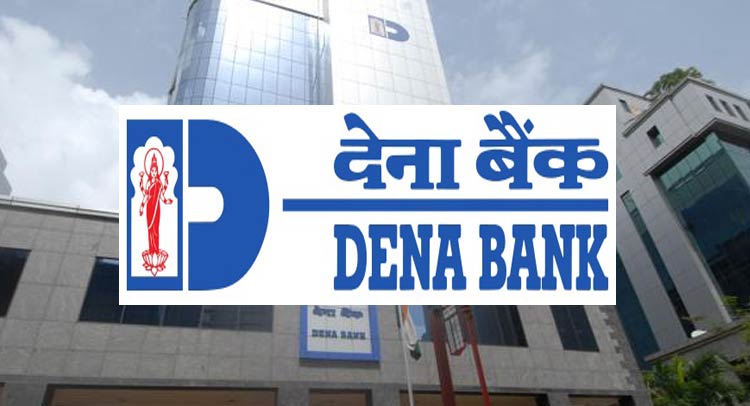On Wednesday, the share swap ratio of the three-way bank merger of Vijaya Bank and Dena Bank with Bank of Baroda was announced. This merging made Bank of Baroda the third largest lender in India with a total business of about 14.82 trillion rupees. Swap ratio is the ratio in which procuring company will offer its shares in exchange for the target company’s shares during acquisition. BOB announced that, for every 1000 shares they held, shareholders of Vijaya Bank and Dena Bank would get 402 and 110 equity shares of it. After the cabinet approved the amalgamation of the two banks with Bank of Baroda, there is a sudden downfall up to 20 percent.
The shares of Dena Bank dived as much as 20 percent to Rs.14.40 per share and Vijaya Bank shares dived 7 percent on Bombay Stock Exchange. Based on the announced swap ratios and closing price by January 2, Vijaya Bank’s 1,000 shares value stands at Rs. 51,050 and on the swap, they receive BOB’s share worth Rs.47,939 which leads to a loss of 7 percent. In the same way, 1000 shares of Dena Bank value stands at Rs.17,900 against which they receive BOB’s share worth Rs. 13,118 leading to loss of 20 percent.
Share swap ratio has shown a negative impact for both Vijaya Bank and Dena Bank. Now there is a marginal negative reaction to both the stock prices now. Based on the net worth the negative ratio is more for Vijaya Bank. According to the banking analysts, the swap ratio for Vijaya Bank is lower than street estimates. But this is beneficial for Bank of Baroda. It is observed that the deal is good for BOB shareholders. According to Nomura, 6-27 percent discount to the current prices of Dena Bank and Vijaya Bank was implied by Swap ratio which is 18-43 percent lower than Bank of Baroda. Motilal Oswal Financial services stated that shareholders of Vijaya Bank have nothing to gain from the merger while the swipe ratio appears to be fair in case of Dena Bank with respect to multiple challenges faced by the bank.

